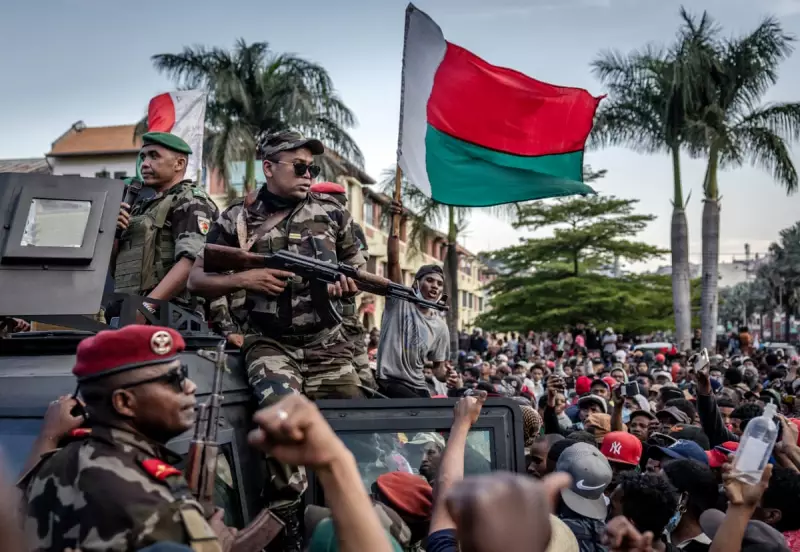
In a stunning political upset that has reverberated across the African continent, Madagascar's Generation Z has successfully orchestrated the removal of President Andry Rajoelina, demonstrating the formidable power of youth-led digital activism.
The Digital Revolution That Shook a Nation
For months, the streets of Antananarivo echoed with the chants of young protesters who transformed their digital savvy into real-world political change. What began as online discontent evolved into a formidable movement that traditional political analysts failed to predict.
The catalyst emerged from widespread economic frustration, with young Madagascans facing bleak employment prospects despite the country's rich natural resources. This generation, more connected than any before, leveraged social media platforms to coordinate protests that grew in both size and determination.
A New Era of People Power
Unlike previous political transitions in the region, this movement displayed distinct characteristics:
- Leaderless organisation driven by social media coordination
- Cross-regional solidarity among youth from urban and rural areas
- Sustained peaceful resistance despite government pressure
- Strategic use of viral content to maintain international attention
The protests reached their climax when hundreds of thousands of young people occupied public spaces, creating an undeniable momentum that even the military could not ignore.
International Response and Regional Implications
Global powers watched with keen interest as the movement gained strength. The African Union, initially cautious, eventually acknowledged the legitimacy of the protesters' demands as the scale of public support became undeniable.
Regional analysts suggest this could inspire similar movements across Africa, where many nations face parallel challenges of youth unemployment and generational political disconnect. The success of Madagascar's youth has demonstrated that digital natives can effectively challenge entrenched political systems.
What Comes Next for Madagascar?
With Rajoelina's departure confirmed, the focus shifts to the transition process. Key questions remain about how this youth-driven movement will translate its momentum into governance structures and whether it can maintain unity in pursuing concrete policy changes.
The world now watches to see if this represents a genuine turning point for one of Africa's most resource-rich yet economically challenged nations, and whether the energy of youth activism can be channelled into sustainable political transformation.





